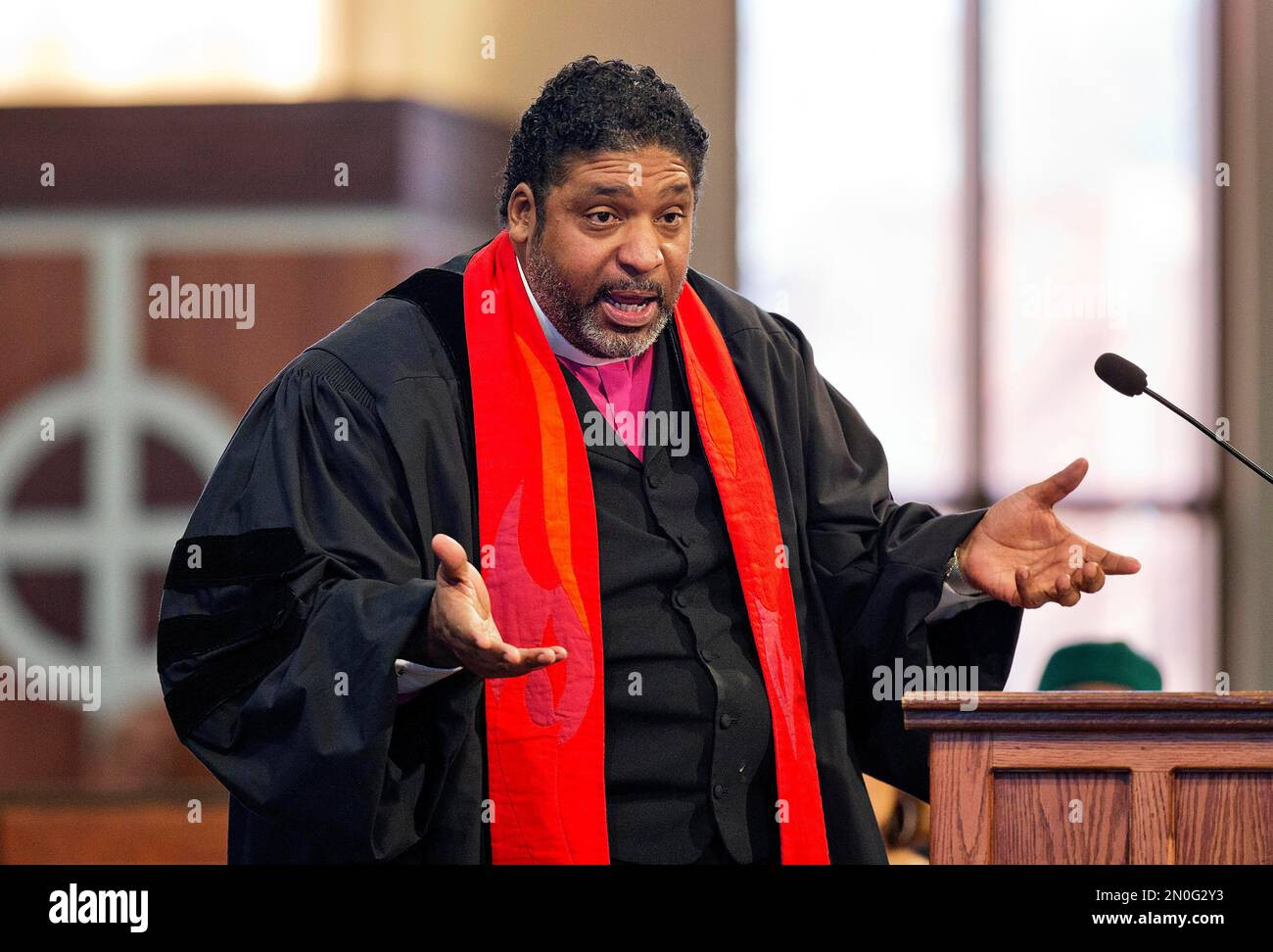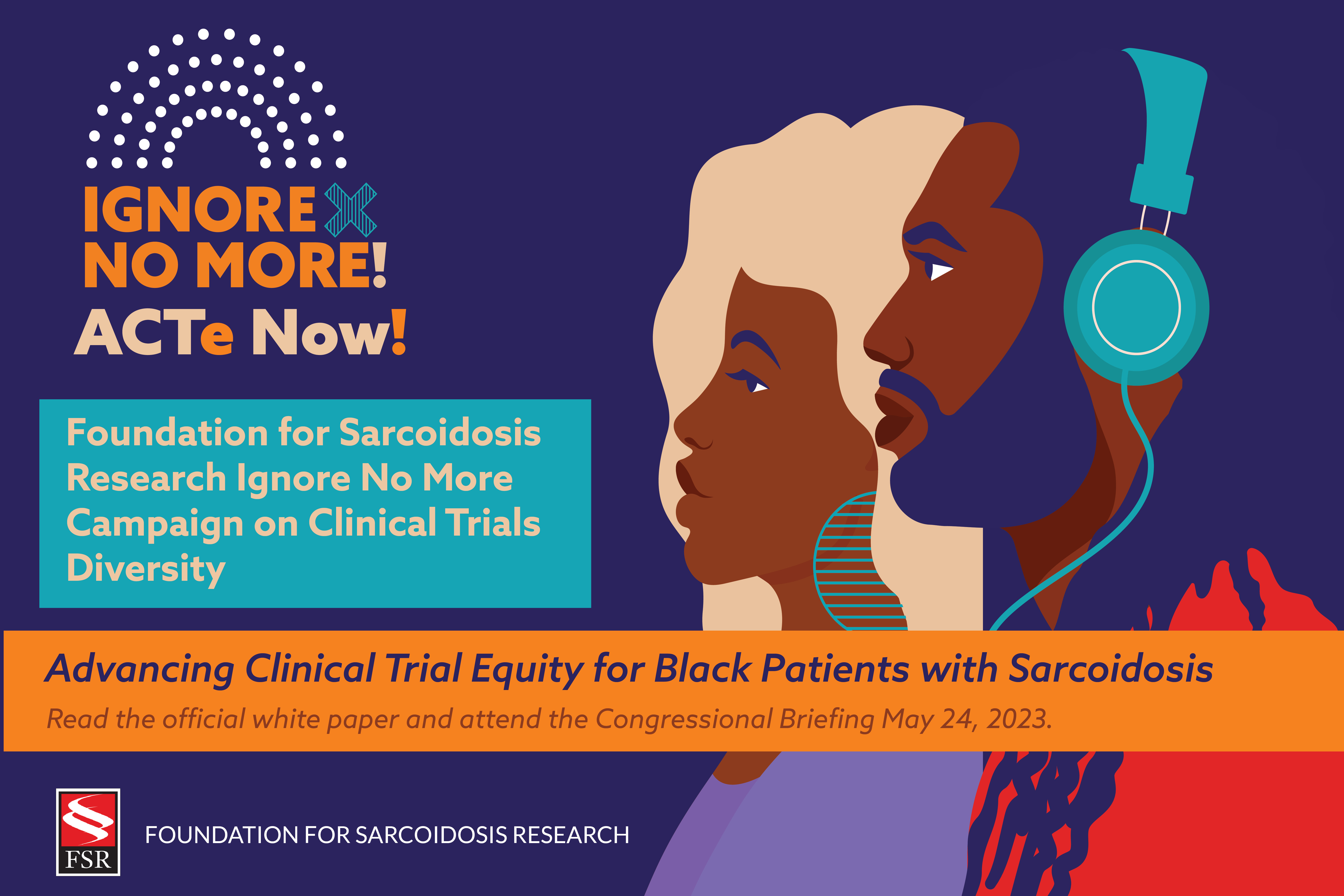2025 MLK Day Commemorative Service: A Celebration of Dr. King's Legacy
The nation pauses to honor the life and work of Dr. Martin Luther King Jr. each year on the third Monday of January. This year's MLK Day Beloved Community Commemorative Service, held at Atlanta's Historic Ebenezer Baptist Church, carries the powerful theme: "Mission Possible: Protecting Freedom, Justice, and Democracy in the Spirit of Nonviolence365." The service is not just a remembrance, but a call to action, urging continued dedication to the pursuit of Dr. King's dream.
Keynote Speaker: Bishop William J. Barber II
This year's keynote speaker, Bishop William J. Barber II, is a figure deeply committed to the principles of nonviolent activism and social justice. His impressive background reflects a lifelong dedication to these causes. From his early days as a student leader involved in the desegregation of schools in North Carolina to his current roles as co-chair of the Poor People’s Campaign and professor at Yale University, his commitment has been unwavering. He has been instrumental in leading protests advocating for civil rights and economic justice, notably participating in the Moral Mondays protests in Raleigh and numerous other demonstrations. His work reflects a profound understanding of the historical struggle and a powerful vision for the future. Bishop Barber’s address is sure to be a highlight, providing a powerful perspective on Dr. King's enduring message.
Barber's Activism and the Legacy of Dr. King
Bishop Barber is not only a scholar and a religious leader; he's a seasoned activist who has demonstrated a deep commitment to nonviolent protest and social change. His involvement in Moral Mondays and the Poor People's Campaign are testaments to his dedication to carrying on Dr. King's legacy. These campaigns showcase his commitment to achieving economic and social justice for all. Barber has faced arrests for his activism; his dedication to these causes has involved significant personal risk, illustrating his steadfast conviction to the principles of social justice and civil rights.
The Significance of Ebenezer Baptist Church
The choice of Ebenezer Baptist Church as the venue for the service is deeply symbolic. The church holds profound significance in the history of the Civil Rights Movement and in the life of Dr. Martin Luther King Jr. His father, Martin Luther King Sr., served as pastor of the church, and Dr. King himself served as co-pastor with his father. The church stands as a powerful reminder of the movement's roots and the community that nurtured Dr. King's activism. The church has witnessed pivotal moments in the fight for civil rights and equality and continues to be an important community hub and a powerful symbol of faith and social justice.
A Deep-Rooted Connection to Atlanta
The King family's connection to Atlanta is deeply rooted and extends far beyond Ebenezer Baptist Church. Dr. King's ancestors played significant roles in shaping Atlanta's religious community and history. This deep-rooted connection to the city underscores the importance of the annual service and its location at Ebenezer Baptist Church, where generations of the King family have served as pastors.
MLK Day: A Day On, Not A Day Off
MLK Day is not just a day for reflection; it's a national day of service. It’s a time to actively engage in community service and to honor the legacy of Dr. King by giving back. This emphasis on service resonates strongly with the spirit of Dr. King's life and work. The day is a reminder to translate contemplation into positive action that fosters change in the community and across the nation. Congress designated the holiday as a national day of service in 1994, formalizing this important aspect of the commemoration. There is a wide range of ways to participate, from volunteering for local initiatives to supporting organizations focused on civil rights and social justice.
The Evolution of a National Holiday
The journey to establish MLK Day as a federal holiday was long and involved the efforts of many individuals and organizations. The initial proposal was introduced just days after Dr. King's assassination in 1968. Over the course of many years, there was persistent campaigning and significant resistance to overcome. The eventual passage of the legislation, and subsequent state recognition, is a testament to the enduring power of Dr. King's message and the perseverance of those who championed his legacy.
The Enduring Legacy: A Call to Action
Dr. King's legacy extends far beyond his speeches and activism. His life serves as a powerful example of dedication to peace and justice. His influence on the Civil Rights Movement is undeniable and shaped the United States and continues to inspire movements for social justice across the globe. The annual commemoration of MLK Day is not just a remembrance; it's a powerful reminder that the work for equality and justice continues. The enduring relevance of his message is a testament to the ongoing need to strive for a more just and equitable world. This year’s service serves as a call to action, urging every citizen to work towards making Dr. King's dream a reality. The focus on "Mission Possible" emphasizes the ongoing need for continued commitment to achieving Dr. King's vision of freedom, justice, and democracy.

















